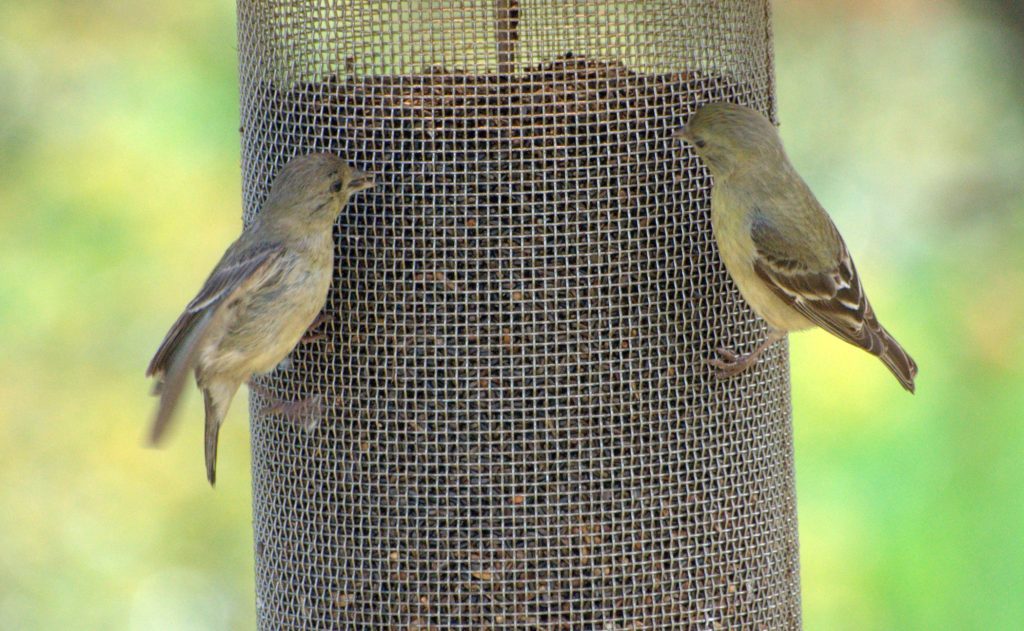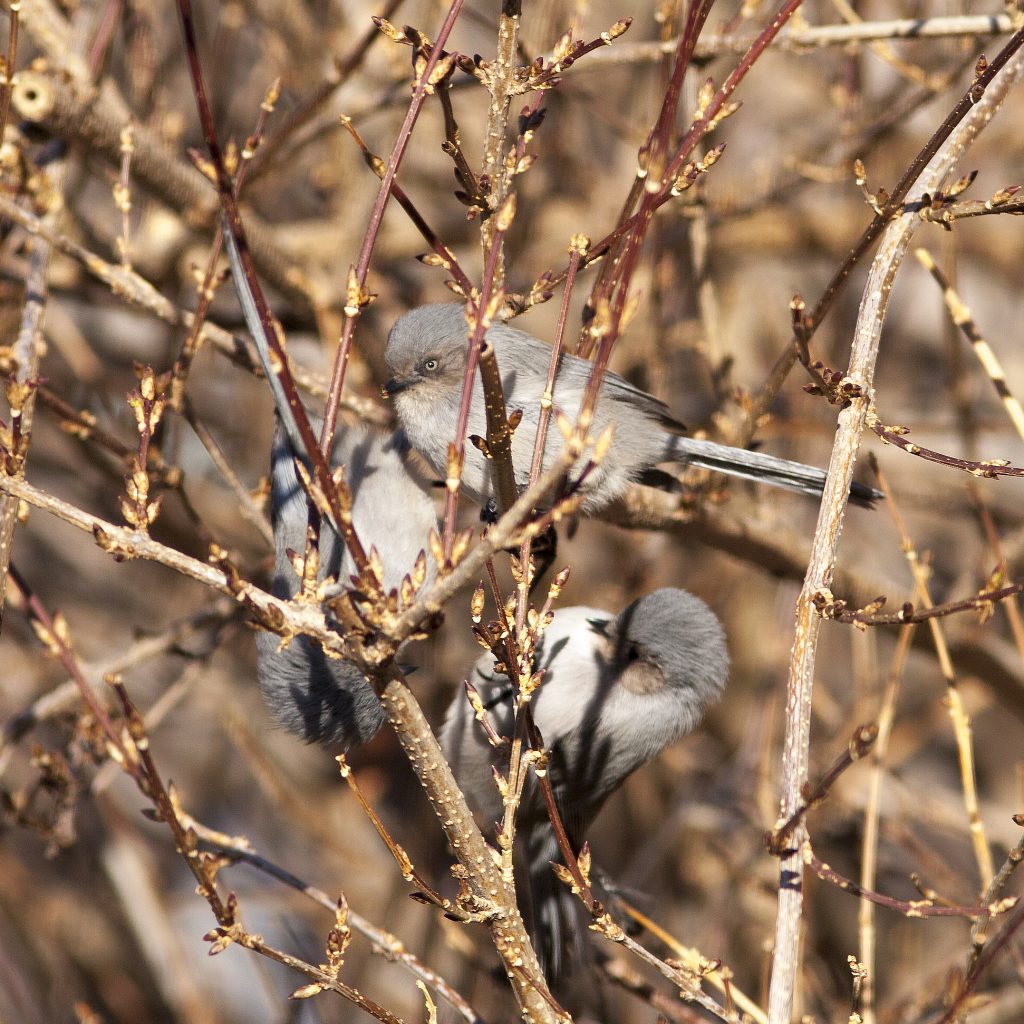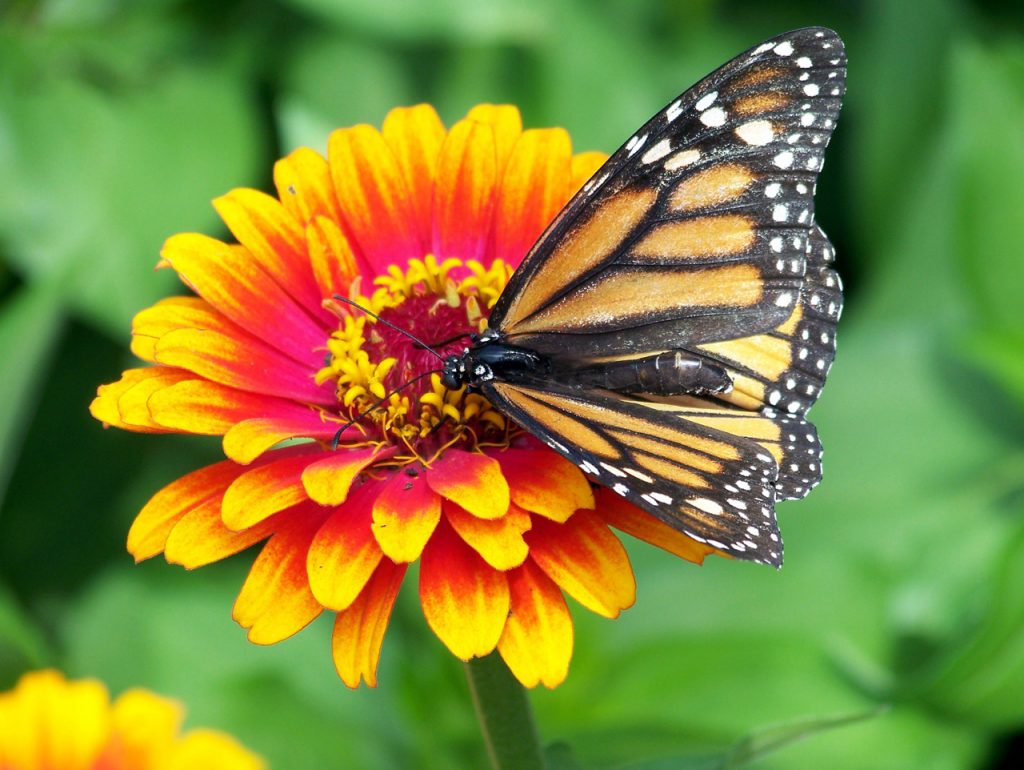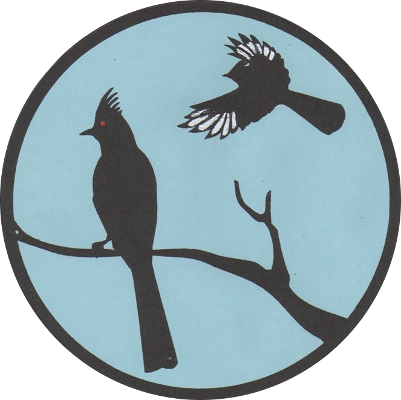(Illustration by Wuchun Davis)
As we look forward to this New Year that promises so much good news, I can’t help but think about the wildlife around us who are part of our world. They don’t make resolutions, they don’t celebrate holidays, but they work hard 24/7 to stay alive and follow instincts that have been part of nature for ages. 2020 was a year full of set-backs for them, and as part of their community we can help turn things around and avoid extinction events.

Birds Need Help. They need three basic things: food, shelter and water. If you can feed the birds you bring a fantastic entertainment to your yard or balcony, and just include some fresh water and you’ve got a magnet that they will find irresistible. Shelter is harder, but if you put in the right plants, you’ve done it. If you need help with what to feed, contact www.sfvaudubon.org and we’ll give you some suggestions. (Look under “Resources,” then “Backward Bird Identification” and you’ll find menus for feeding, feeders and seed.)

Plants: what you plant MATTERS. Plants that are native support our local wildlife by providing food sources that have evolved with them. If you plant something from another continent or country, it may not provide any food, and your birds may choose not to shelter there. Mother birds are known to choose trees to nest in that provide lots of baby bird food right outside the door. No bugs, no food, and birds won’t bother. Need help? Go to www.calscape.org for good ideas. Your local California Native Plant Society has regular sales, and there are nurseries like the Theodor Payne Foundation that specialize in natives. On the other hand, if you can’t plant natives, all plants attract insects and provide shelter. Go for it!

Avoid Pesticides and Herbicides: Studies have found that bees, butterflies and many other essential insect workers are extremely sensitive to these poisons. We grew up using them, but it’s time to reconsider. The Monarch butterfly is on the verge of collapse, and bees are still in trouble. Without bees our own food chain will fail as well as Nature’s, so we must get serious about this one. As rodenticides have been outlawed starting in 2021, we can look forward to healthier populations of hawks, owls, and less danger of poisoning our own pets and children.
As a young Californian, I remember masses of butterflies, birds and bees in our neighborhoods. Now it’s time to rejoice if we see ONE nice butterfly or a new bird. If we take a few steps, we can turn it around. Let’s work together to restore our properties so that people, wildlife and ecosystems can live together and thrive. Here’s to a Happy New Year filled with enjoying Nature!
